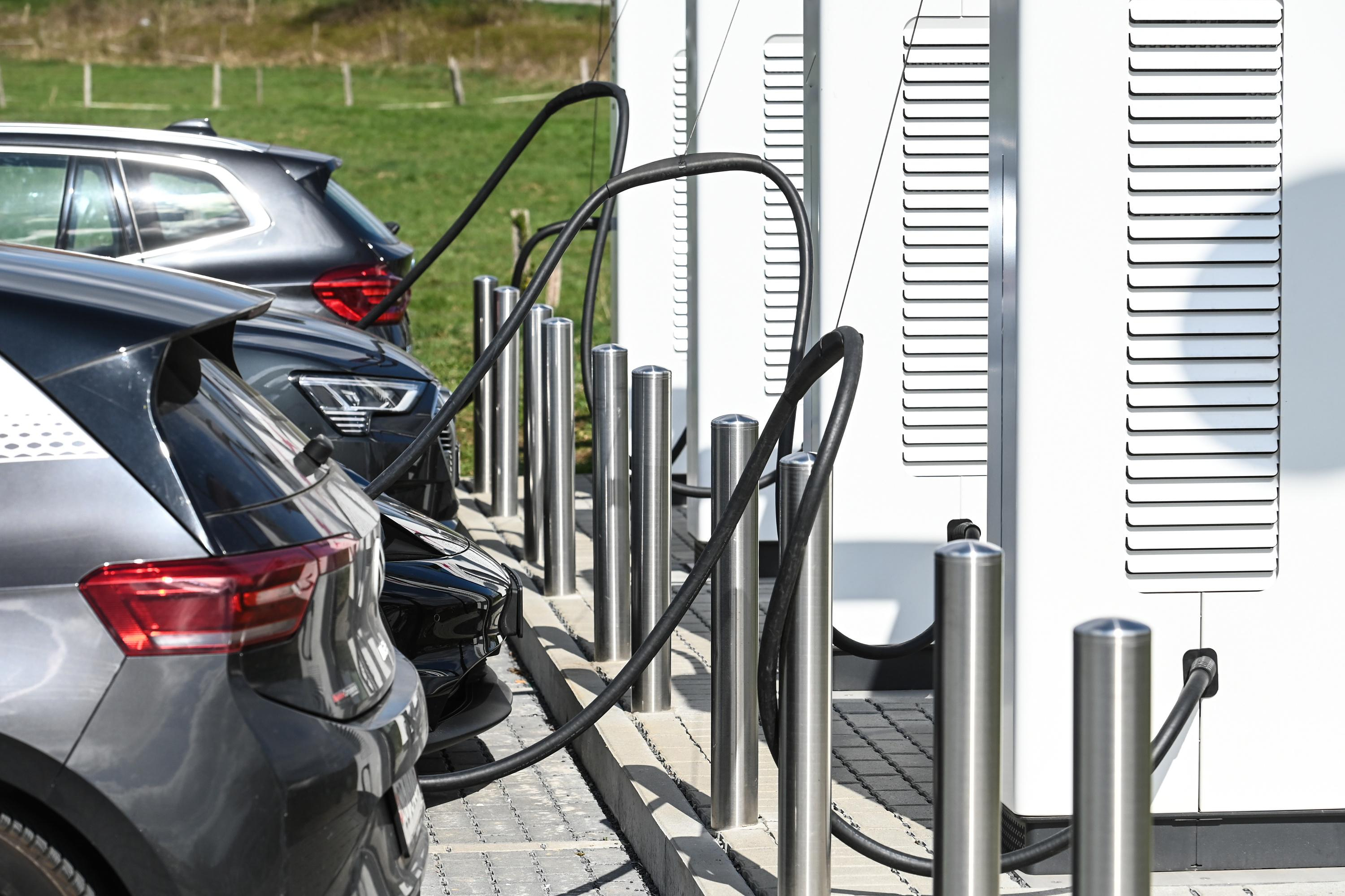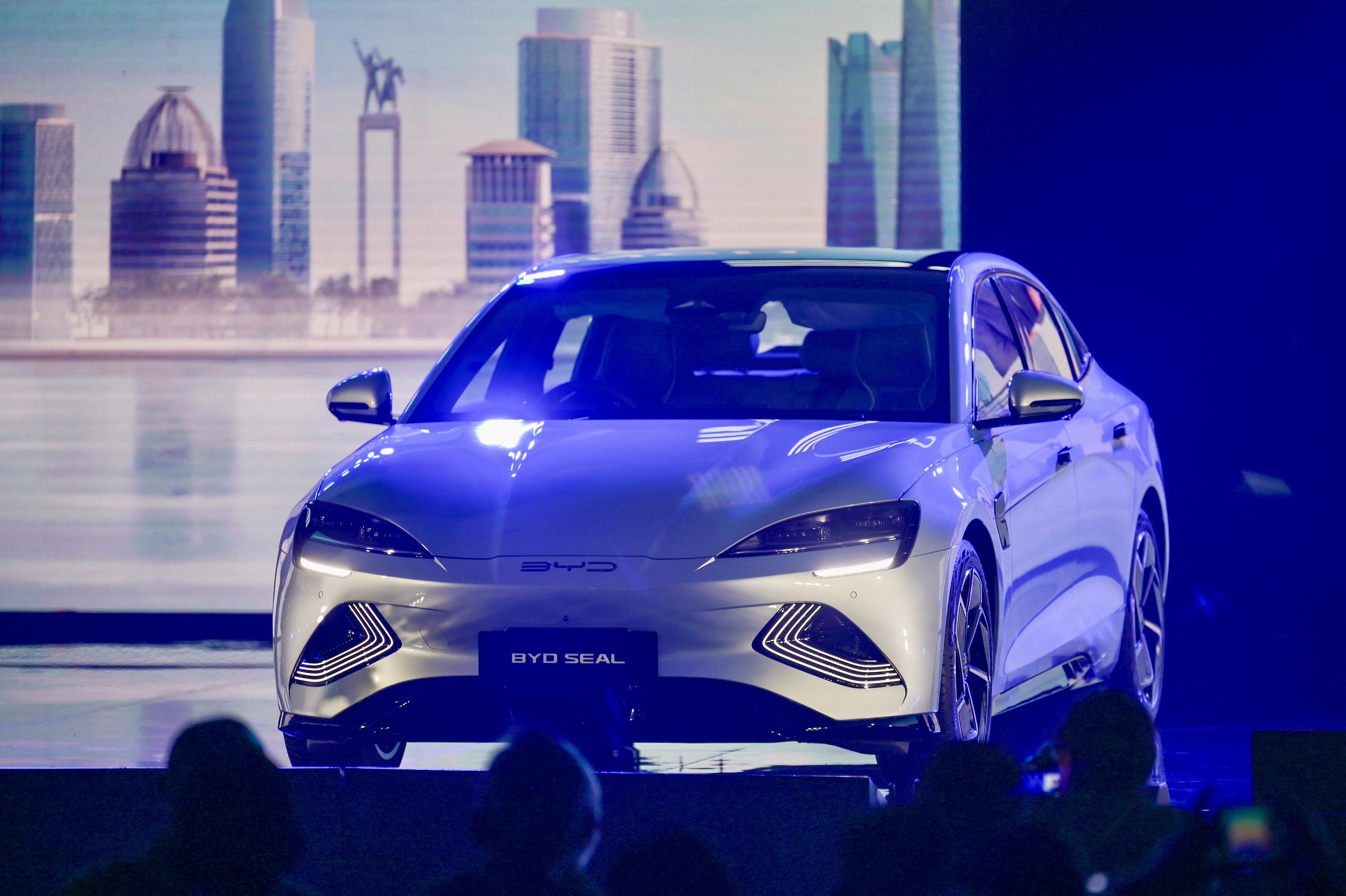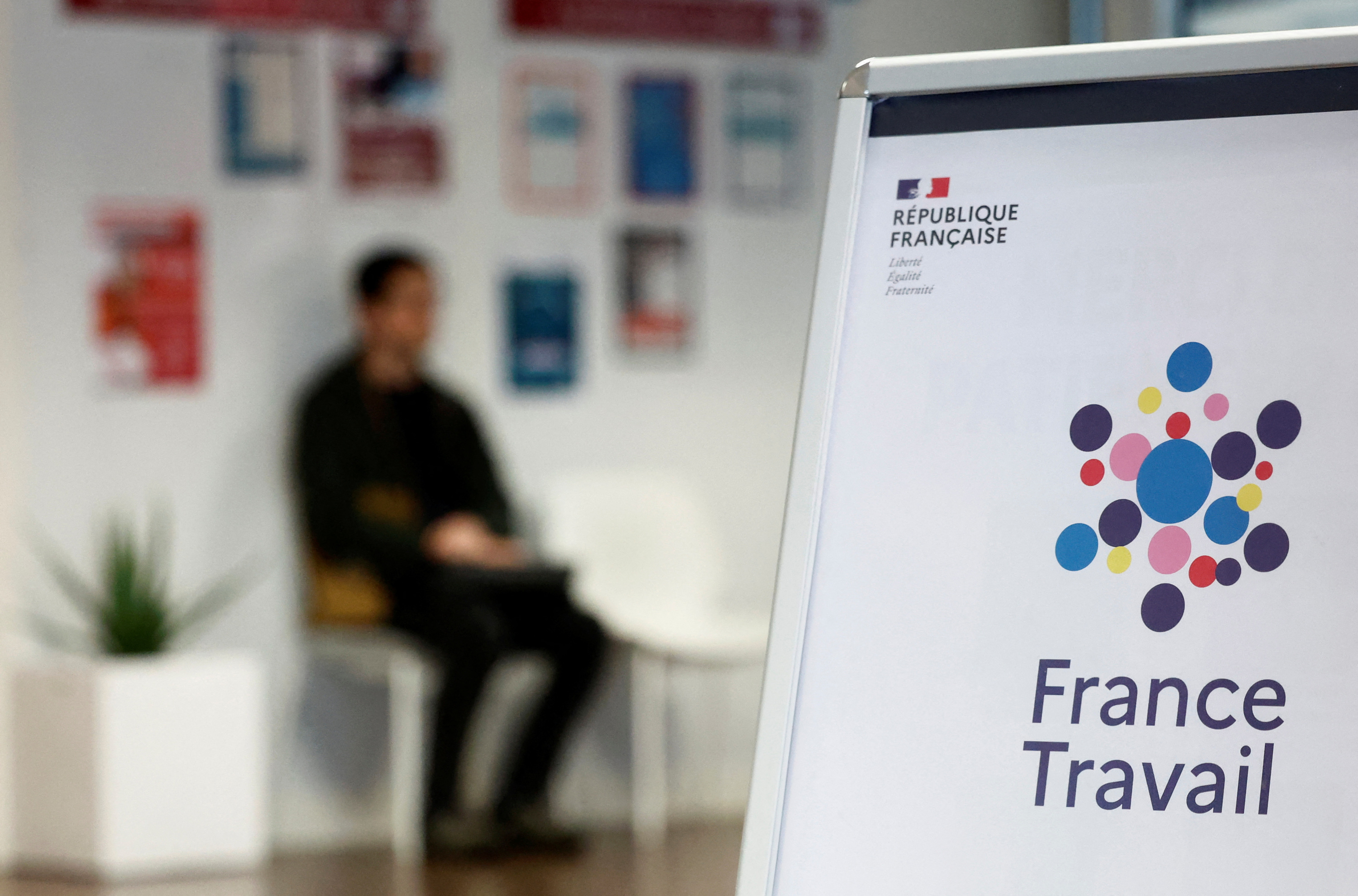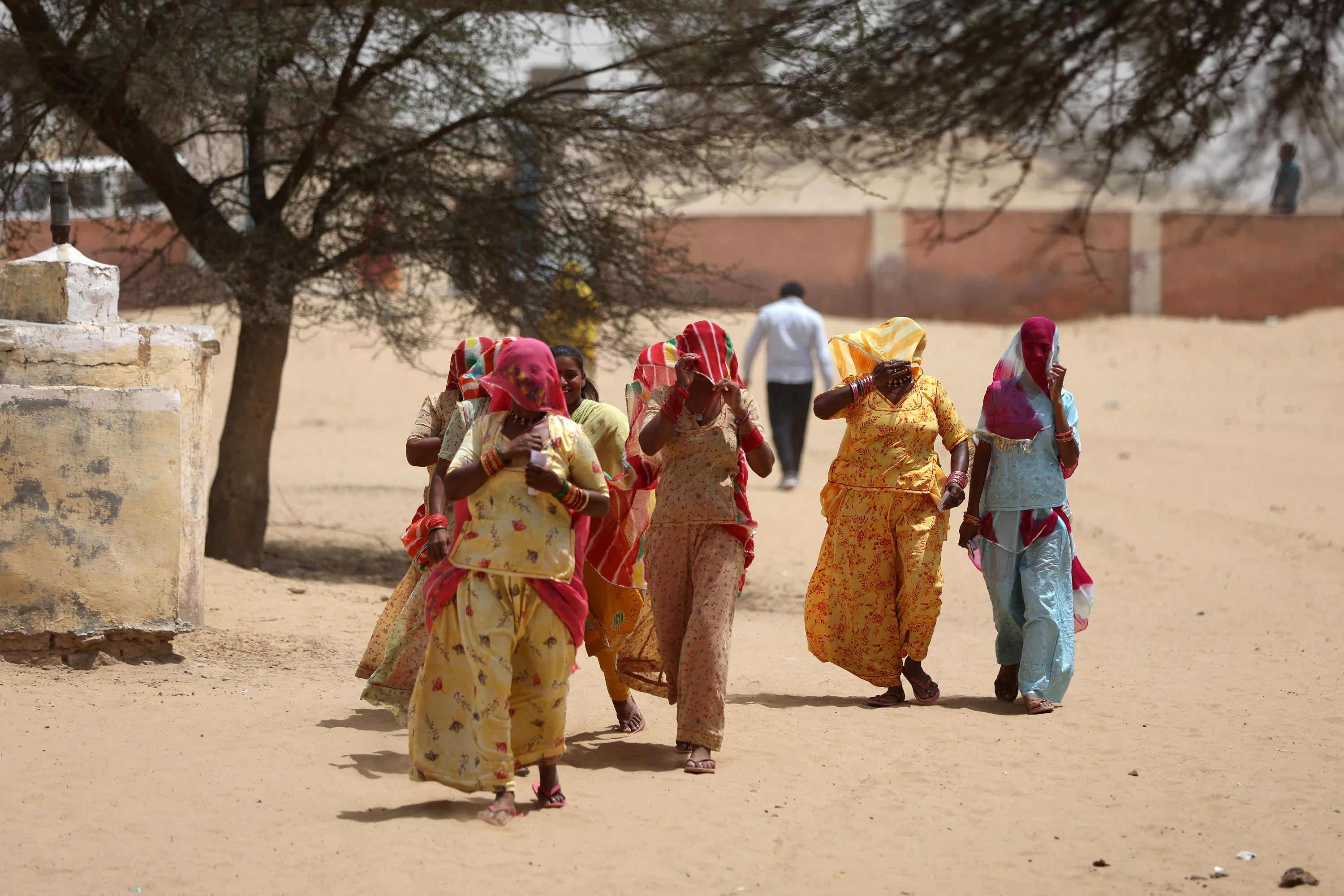in front of People and Custodian annual national conference in Sälen, there is reason to warn against tendencies to avdemokratiserad ”säkerhetisering”. We see today several examples of political attempts to classify different political issues as security threats in order to secure increased resources or increased political priority without democratic review and budgetary trade-offs.
It is both good and important to widen the concept of security. Climate change, digital påverkansoperationer and food security are examples of non-military security threats that need to be addressed.
that certain issues are considered to be so important to national security interests that they should be removed from the ordinary democratic processes and political trade-offs. Statsvetarna Ole Wæver, Barry Buzan and Jaap de Wilde already showed in the 1990s how some state actors were successful in providing some issues – often military – a status that gave them a disproportionate amount of resources. Such attempts to säkerhetisering, however, can in itself be a threat to democracy, and thus, paradoxically, constitute a potential security threat.
It would be welcome if the security policy debate also included the thoughts and sharp proposals on how we are to maintain an open democratic conversation as possible – even in the context of severe security threats.
Many politicians, experts and analysts tend to – not least in the People and Defence national conference in Sälen – be good to point to various security threats. It is not unreasonable in itself. But it is dangerous if and when this leads to attempts to put the issues ”over” democracy. For who is pointing at and protecting us against these avdemokratiserande forces? Who väktar – to make a nod to Plato and Juvenalis – the guardians?
There are several historical examples of this approach: In the ancient Rome was the senate in a time of war, elect one of the consuls to dictator, for a limited period of time could control as he wanted to without interference from representative bodies. And when Chile went from dictatorship to democracy in the beginning of the 1990s, there was a proviso: that the appropriations for the armed forces would amount to the sums that were not negotiable in the nascent democratic budgetary processes.
But there are also several current Swedish and international examples of säkerhetisering:
• Statements from Pär Holmgren, the Green party's top candidate for the european Parliament , that it could be necessary to abolish the democracy in order to solve the climate crisis. (This is despite some not unreasonable explanations from the Holmgren – doubly unfortunate because it has given klimatskeptiska högerdebattörer an opportunity to turn the focus from the important issue of climate change.)
• Trump's statement to declare a state of national emergency with the occasion of the migrants are on their way to the U.S. border from Central america – in order to free resources to the great wall against Mexico. In a corresponding manner, showing the statements from the Swedish civilization, Mattias Karlsson, Sweden, find themselves in an existential struggle for survival, the attempt to make immigration and multiculturalism to security threats – against the idea of a homogeneous and unified national cultural identity. This säkerhetisering of refugees has gone furthest in Orbán's Hungary, where the issue has lost all sense and balance.
• Högerkrav on Swedish nato membership , which would mean a substantial drop in the Swedish democratic influence over the size of the defence and the security policy choices. There are both pros and cons of Swedish nato membership. Russia's aggressive behaviour highlights the need of a good Swedish defense readiness, which is difficult for us to maintain the brand themselves. But a Swedish nato membership would also – in addition to the risk of increased sub-regional instability and to be drawn into Trump's or Erdogan's invention – lead to a requirement for sharply increased military spending, at the expense of school, health care, security systems, etc.
at the same time, there are plenty of examples of issues that do not have säkerhetiserats despite the fact that they contribute to widespread death, injury and ill health. The number of deaths in road accidents is many times more than those who die in terrorist attacks. Yet trafiksäkerhetsfrågorna (unlike the counter-terrorism) not säkerhetiserade in the sense that they are exempt from the usual budgetöverväganden. The same thing applies to smoking, industrifetter or sedentary, which, after all, constitutes a serious threat to the population of the earth. On the contrary, they are subject to an open and fair folkhälsopolitisk discussion that we would never dream of ”lifting away from the partisan wrangling”.
When president George W Bush launched the Iraq war and ”the War on Terror” tried a number of independent journalists ask a number of critical issues to the responsible politicians and military commanders. They were met not rarely, by the harsh comments to guard himself very carefully, so that they are not acting in a way that could do that they were guilty of supporting the enemy. So, in retrospect, probably most analysts agree that it would have been good with more critical issues before this nearly two decades long and protracted war escalated out of all control.
”Truth is war's first victim”, it's usually hot. But need it be so? It would be welcome if the security policy debate also included the thoughts and sharp proposals on how we are to maintain an open democratic conversation as possible – even in the context of severe security threats.
Democracy is difficult. The demands on politicians to have both the right and get the right. It is easy to experience frustration that others do not realize how important your own priorities are. Some frustreras to be resisted by the ”establishment” or ”elite”. Other than that the voters vote for politicians who run in many ways a malicious policy. For the environment. For the cohesion of a society. For international stability. For jobs and the economy. But on the basis of the like to exclude these issues from the democratic review is completely wrong. Even if it is about security threats. Or ”security threats”.
And who will decide if, how much and in which way these important efforts should be done if there is no democratic oversight or control? Is there any example from history where avdemokratisering not have led to the abuse of power, but carried out in a responsible, moderate and considerate way? Ultimately, it is difficult to see any other legitimate solution than that set out in our constitution: ”All public power in Sweden emanates from the people”. It also applies in the field of defence and security policy.

 Germany: the trial of an AfD leader, accused of chanting a Nazi slogan, resumes this Tuesday
Germany: the trial of an AfD leader, accused of chanting a Nazi slogan, resumes this Tuesday New York: at Columbia University, the anti-Semitic drift of pro-Palestinian demonstrations
New York: at Columbia University, the anti-Semitic drift of pro-Palestinian demonstrations What is Akila, the mission in which the Charles de Gaulle is participating under NATO command?
What is Akila, the mission in which the Charles de Gaulle is participating under NATO command?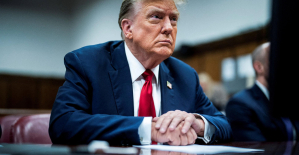 Lawyer, banker, teacher: who are the 12 members of the jury in Donald Trump's trial?
Lawyer, banker, teacher: who are the 12 members of the jury in Donald Trump's trial? What High Blood Pressure Does to Your Body (And Why It Should Be Treated)
What High Blood Pressure Does to Your Body (And Why It Should Be Treated) Vaccination in France has progressed in 2023, rejoices Public Health France
Vaccination in France has progressed in 2023, rejoices Public Health France Food additives suspected of promoting cardiovascular diseases
Food additives suspected of promoting cardiovascular diseases “Even morphine doesn’t work”: Léane, 17, victim of the adverse effects of an antibiotic
“Even morphine doesn’t work”: Léane, 17, victim of the adverse effects of an antibiotic Orthodox bishop stabbed in Sydney: Elon Musk opposes Australian injunction to remove videos on X
Orthodox bishop stabbed in Sydney: Elon Musk opposes Australian injunction to remove videos on X One in three facial sunscreens does not protect enough, warns L'Ufc-Que Choisir
One in three facial sunscreens does not protect enough, warns L'Ufc-Que Choisir What will become of the 81 employees of Systovi, a French manufacturer of solar panels victim of “Chinese dumping”?
What will become of the 81 employees of Systovi, a French manufacturer of solar panels victim of “Chinese dumping”? “I could lose up to 5,000 euros per month”: influencers are alarmed by a possible ban on TikTok in the United States
“I could lose up to 5,000 euros per month”: influencers are alarmed by a possible ban on TikTok in the United States Dance, Audrey Hepburn’s secret dream
Dance, Audrey Hepburn’s secret dream The series adaptation of One Hundred Years of Solitude promises to be faithful to the novel by Gabriel Garcia Marquez
The series adaptation of One Hundred Years of Solitude promises to be faithful to the novel by Gabriel Garcia Marquez Racism in France: comedian Ahmed Sylla apologizes for “having minimized this problem”
Racism in France: comedian Ahmed Sylla apologizes for “having minimized this problem”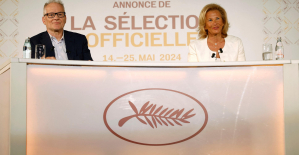 Mohammad Rasoulof and Michel Hazanavicius in competition at the Cannes Film Festival
Mohammad Rasoulof and Michel Hazanavicius in competition at the Cannes Film Festival Skoda Kodiaq 2024: a 'beast' plug-in hybrid SUV
Skoda Kodiaq 2024: a 'beast' plug-in hybrid SUV Tesla launches a new Model Y with 600 km of autonomy at a "more accessible price"
Tesla launches a new Model Y with 600 km of autonomy at a "more accessible price" The 10 best-selling cars in March 2024 in Spain: sales fall due to Easter
The 10 best-selling cars in March 2024 in Spain: sales fall due to Easter A private jet company buys more than 100 flying cars
A private jet company buys more than 100 flying cars This is how housing prices have changed in Spain in the last decade
This is how housing prices have changed in Spain in the last decade The home mortgage firm drops 10% in January and interest soars to 3.46%
The home mortgage firm drops 10% in January and interest soars to 3.46% The jewel of the Rocío de Nagüeles urbanization: a dream villa in Marbella
The jewel of the Rocío de Nagüeles urbanization: a dream villa in Marbella Rental prices grow by 7.3% in February: where does it go up and where does it go down?
Rental prices grow by 7.3% in February: where does it go up and where does it go down? Europeans: “All those who claim that we don’t need Europe are liars”, criticizes Bayrou
Europeans: “All those who claim that we don’t need Europe are liars”, criticizes Bayrou With the promise of a “real burst of authority”, Gabriel Attal provokes the ire of the opposition
With the promise of a “real burst of authority”, Gabriel Attal provokes the ire of the opposition Europeans: the schedule of debates to follow between now and June 9
Europeans: the schedule of debates to follow between now and June 9 Europeans: “In France, there is a left and there is a right,” assures Bellamy
Europeans: “In France, there is a left and there is a right,” assures Bellamy These French cities that will boycott the World Cup in Qatar
These French cities that will boycott the World Cup in Qatar Serie A: Bologna surprises AS Rome in the race for the C1
Serie A: Bologna surprises AS Rome in the race for the C1 Serie A: Marcus Thuram king of Italy, end of the debate for the position of number 9 with the Blues?
Serie A: Marcus Thuram king of Italy, end of the debate for the position of number 9 with the Blues? Milan AC-Inter Milan: Thuram and Pavard impeccable, Hernandez helpless… The tops and flops of the derby
Milan AC-Inter Milan: Thuram and Pavard impeccable, Hernandez helpless… The tops and flops of the derby Ligue 2: Auxerre leader, Bordeaux in crisis, play-offs... 5 questions about an exciting end of the season
Ligue 2: Auxerre leader, Bordeaux in crisis, play-offs... 5 questions about an exciting end of the season




